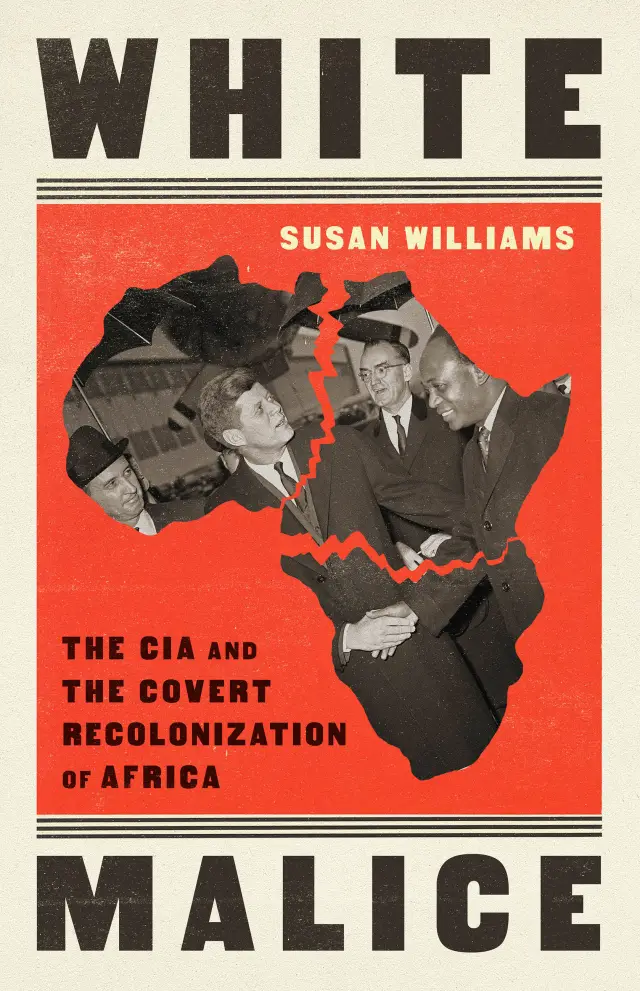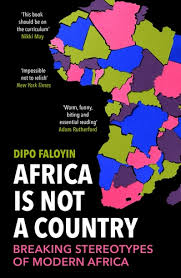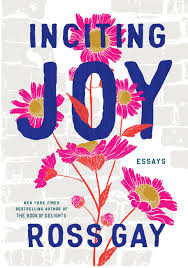
Evolving Understanding: Looking Beneath the Cover
Feb 2
6 min read
I’m so rattled by the way I don’t have streaming on demand anymore. It’s certainly been much more of a challenge since I came to Benin, but at my new site in particular, the network is good enough for wisps of content but never anything so substantial as a full video.

It makes my life really annoying, especially as a content creator.
That said, it’s allowed me to think about what’s fast food in my media consumption habits. Do the missing Instagram Reels make a qualitative difference in my life? Not really. Or, perhaps, the answer is yes, with the caveat that it actually makes my life better if I have to turn to my nutritionally rich books and really essentialize my internet usage as home.
To do computer work, I need to go to one of the nearby larger cities. It’s quite inconvenient. But there’s something special to me about only doing paperwork with french fries or a milkshake in front of me. (I can’t recall if I’ve already written about the awesome Western style restaurant in one of the nearby cities. It’s great for morale and terrible for my wallet.) Because it’s still Benin, as I sit down with my food and my work, I look out the window and see Zangbeto trailed by followers. It’s actually a bit freeing that busy work isn’t super accessible at home and I need to get out to take care of those things.

To be clear, if there was any way to improve my circumstances in this regard, I would do it instantly.
Many of my neighbors live completely digital-free lives. Nearly everyone has cell-phones, but many opt for the more utilitarian and cost-friendly brick phones. Young people tend to make the investment for smart phones, and it’s amazing to scroll through their feeds. Pinterest, TikTok, Facebook, sharing their lives and seeing others. Of course, it’s a unique West African feed, but I’d like to raise that even (and perhaps especially, now) in the US our personal feeds are also shockingly regional.
There aren’t any clocks at school. Time moves fluidly, only marked by the switch-controlled siren that someone decides to set off when they notice it’s 8:04. The siren is a staple in my students’ school day. When it rises, they hum along, the sound echoing from every angle of the classroom.
Before I came here, I couldn’t even imagine a non-digital classroom space. It exists and a lot of students live it every day. There are distinct pros to digitally enhanced classrooms - my counterpart and I lament every week that there’s no easy, cost-efficient way to show our students images of the vocabulary words we’re describing, but I’ve reveled in the removal of computers as a distracting influence in the academic space. As a student, I couldn’t imagine learning a foreign language without Quizlet and computer-facilitated grammar drills, and indeed, doing it all by paper is tedious. Every single one of my quizzes and tests could be nearly entirely automatically graded if students had done it digitally, and instead I spend hours going through pages by hand. BUT this experience has shown me that learning has way more to do with the people doing it than by the tools they have access to. Language learning is completely possible even in a no tech envrionment. Is it often grueling and occasionally boring? Absolutely. But knowledge progresses nonetheless.
Another situational factor that makes me feel more relaxed about teaching is the fact that students can fail my class but still move forward to the next year. Graduation to the next level depends on them reaching average with all their class scores combined. I am still going to do everything in my power to help students pass, but this new understanding has helped me to recognize that if a student is choosing not to succeed in my class, they’ve really decided that. As a teacher of many, it’ll be very hard if not impossible to distinguish struggling students from those who have decided they don’t care about English, so I’m going to be trying new motivators from a variety of angles. I’m not giving up on any student even if they’ve given up on my class. All this said, it takes a weight off my back to know that I’m not necessarily ruining futures. If students want to really learn English, they have to choose to do so. I’ll build everything I possibly can to help them make that choice, but it’s up to them to do it.

I’m in a new exclusive Couffo department book club with my fellow volunteers. We read Things Fall Apart by Chinua Achebe followed by Half of a Yellow Sun by Chimamanda Ngozi Adichie. I highly reccomend both of these authors. They’re canonical for a reason. Even in my embarrassingly European centered World Literature course at the University of Oklahoma, these two authors got honorable mentions. Achebe writes with fantastic nuance, and the flaws of the main character are so clear from the reactions of everyone else in his life. I’ve taken a lot of inspiration from the way Achebe shows, not tells, the effects of actions. As a writer, it’s an excellent reminder and illustration of one of the important rules of the trade, and as a person, I’m inspired by the way Achebe picks out small details to tell his story. That’s how we tell stories in real life. In a world full of stimulus and noise, to focus in on any particular thing represents a narrative, so what details do we draw forward?

Adichie’s Half of a Yellow Sun broke my heart and cracked it open, leaving me to examine the pieces. I was regrettably ignorant of the Biafran War in Nigeria in the 1960s. Again, I considered who shapes narratives and how we do so. Perhaps Western news outlets don’t have the truest perspective on every global issue. Perhaps we listen to the people impacted by unprecedented events and tragedy. Adichie’s characters are deliciously complex. I don’t have simple feelings about a single character except a general adoration of Olanna’s child, Baby. This novel reminded me that the arcs of our life run into each other in messy and indistinguishable ways, and it's us who choose how to string it all together. In a life, there will be happiness and tremendous pain, perhaps caused by the same person. What do we take away from it? I think the power is more in our hands than we realize. That said, the war aspect and parts 2 and 4 of this novel nearly disprove this thesis entirely… events of mass trauma and tragedy like war, famine, and disease melt the complexity into a painful group narrative. Some of the previous injuries simply pale in comparison.
We’ve decided to stick with African literature. For our next book, we’ve opted to move away from southern Nigeria down to Cameroon with How Beautiful We Were by Imbolo Mbue. My fellow volunteers are voracious readers, and its keeping me on my toes. It feels wonderful to read for the purpose of conversation and discourse, especially for non-Africans trying to better understand our new cultural context. We’re mindful, though, that Africa isn’t a country. We’re looking forward to exploring areas out of Western Africa through words soon.
Here are some non-fiction book recommendations that have been illuminating to me. I move through these texts much more slowly, but to learn about the effects my country in particular has had on Africa is a developing region is eye-opening and shameful. It brings a lot of nuance to the service I do here.
Happy black history month! I’ve been taking a lot from Maya Angelou’s Letter to my Daughter again this week. If you’ve never read or listened to Ross Gay, do it now!!! It’s been the blueprint I need to find delight in a life that is so full lately.
It’s almost mango season! My tree is full of buds of growth. It brings me hope and joy every time I leave my compound.

With unabashed hope and love,
Lena
The content of this blog post is mine alone and does not reflect the views of the U.S. Government, the Peace Corps, or the Benin Government.












